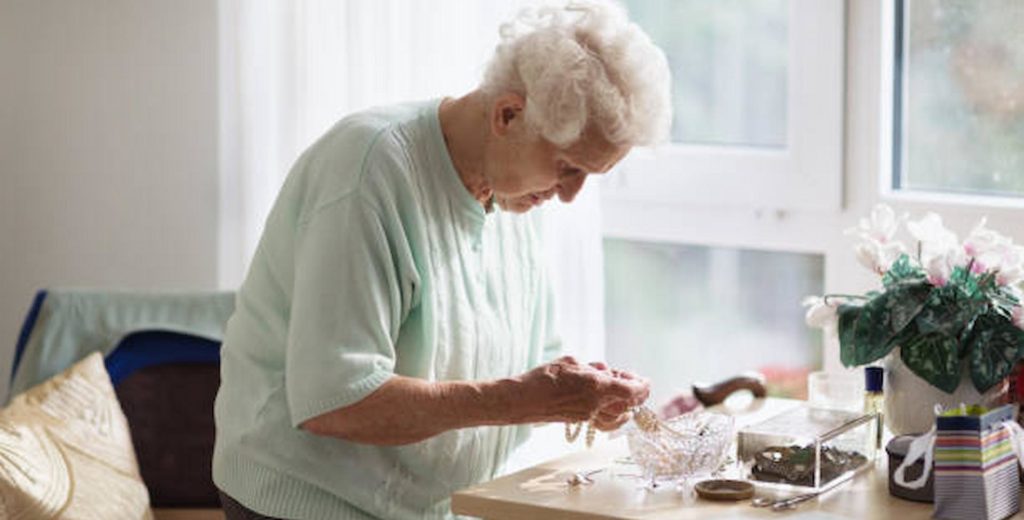
Signs Of Alzheimer’s To Watch Out For (And How To Create A Care Strategy)
Alzheimer’s is one of the most common forms of dementia (and also the most famous). It’s a progressive brain disorder that affects memory, thinking, and behavior, and unfortunately it worsens over time. While there is no cure for Alzheimer’s, early detection can help individuals and families plan for the future and create a care strategy that meets the needs of their loved ones. Here are some signs of Alzheimer’s to watch out for and tips for creating a care strategy.
Signs of Alzheimer’s
One of the most common signs of Alzheimer’s is memory loss. This may include forgetting recently learned information, asking for the same information repeatedly, or relying on memory aids to remember important details. Other signs can include the following:
- Difficulty with planning or problem-solving
- Difficulty with familiar tasks
- Confusion with time or place
- Difficulty with communication
- Changes in mood or personality
Creating A Care Strategy
Getting an early diagnosis can help improve the patient’s outlook considerably. There are treatments that work to slow symptoms of dementia, and promising new research into mitochondria restoration could see the end of dementia entirely. For now, however, you’ll need to work on creating a comprehensive care strategy ASAP:
Establish A Support Network
Caring for someone with Alzheimer’s can be emotionally and physically demanding. Therefore, it’s important to establish a support network that includes family, friends, and healthcare professionals. Consider joining a support group for caregivers to share your experiences and receive support from others who are going through similar situations.
Plan For The Future
Alzheimer’s is a progressive disease, and it’s important to plan for the future. This may include discussing legal and financial matters with an attorney, setting up a healthcare proxy or power of attorney, and creating an advance directive. You’ll also want to find a care home. Even if it’s years before your loved one is moved in, knowing that your loved one can go to stpetersbury.com and receive quality health and wellness care will be a weight off your shoulders. Before your loved one is fully moved in, you can even benefit from respite care to help support you and the rest of your family while you care for your loved one at home.
Create A Daily Routine
Individuals with Alzheimer’s thrive on routine and structure. To help them, create a daily routine that includes regular mealtimes, activities, and rest periods. This can help your loved one feel more secure and less anxious. In terms of activities, try to have them spend time on brain-boosting activities (particularly in the arts).
Ensure A Safe Environment
Alzheimer’s may cause individuals to become disoriented or confused. Ensure that the home environment is safe and secure by removing potential hazards, installing handrails and grab bars, and using a monitoring system that alerts you if your loved one wanders off. You can even ask your neighbors to keep an eye out and to call you if you see your loved one out and about without a carer or a family member with them.
Seek Professional Help
Alzheimer’s is a complex disease, and it’s important to seek professional help. Healthcare professionals can provide guidance on managing symptoms, medication management, and behavioral interventions. Respite care, in particular, can give you the professional aid and relief you need to take back more of your own life so you don’t burn out. Then, when it’s time, you’ll also want to move them into a care home where they can receive around-the-clock care.
Alzheimer’s is a challenging condition to navigate, but spotting the early signs can make a huge difference. Memory lapses, confusion with time or place, and difficulty completing familiar tasks are just a few of the red flags. What’s equally important is developing a care strategy that prioritizes compassion and flexibility. Whether it’s involving family members, seeking professional guidance, or making environmental adjustments, every step helps ease the caregiving journey. Thanks again for this invaluable resource. I’ll refer to it when I make my next caregiver decision! For those seeking reliable, personable, and professional in-home care in the Inland Empire West or surrounding areas, A Place At Home is dedicated to providing exceptional services. A Place At Home specializes in offering tailored, compassionate care to meet individual needs. Contact A Place At Home today to learn how their expert team can support you with personalized care solutions.